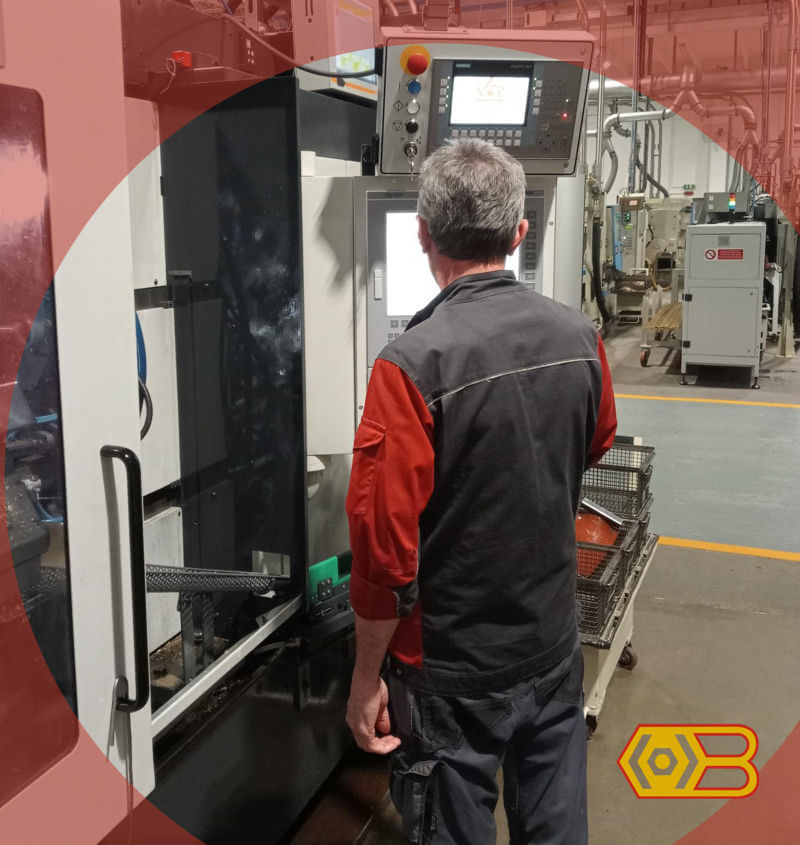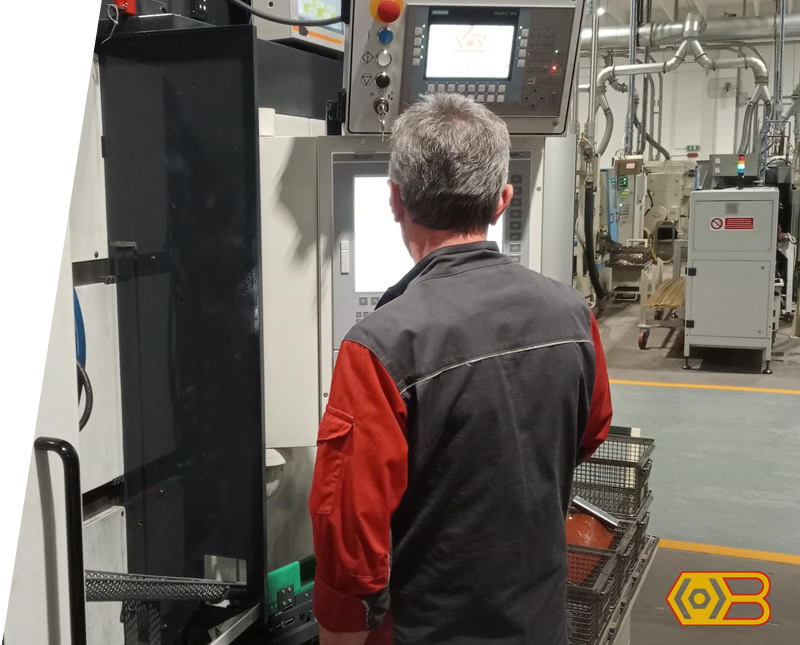
Since many years, the European brass processing industry has taken responsibility for identifying new alloys and modifying all or part of certain production processes in the context of turning and related machining. The main purpose is to ensure safety in the supply of drinking water by complying with increasingly stringent requirements.
The Drinking Water Directive 98/83/EC or “DWD” has dealt with regulating the quality of water intended for human consumption within the European Union, incorporating also suggestions from the industry in order to reconcile the health expectations of citizens and consumers.
The intent of this directive was to provide a general framework and to establish minimum values of specific parameters to be monitored regularly, pushing and hoping for a harmonization in the adoption of certain standards by all Member States.
The directive has been updated in the last decade following a European Citizens' Initiative (ECI) called "Right2Water", which originated a revision and confirmed the need to renew the previously adopted quality standards.
Directive 98/83/EC is therefore repealed by Directive (EU) 2020/2184, with effect from 12 January 2023. The new DWD aims again to introduce rules to protect human health by ensuring the wholesomeness and cleanliness of water and all materials that come into contact with drinking water, but with a much stricter approach. Not only pipes and tubes but the entire plumbing and heating sector are directly or indirectly affected by this legislation.
The Directive expressly identifies the tolerance parameters for a number of chemicals subject to close observation. These include lead, whose presence by 2036 cannot exceed 5 μg/l. Already during the regime of Directive 98/83/EC, the tolerance parameters for lead had been revised and reduced several times, from 25 μg/l to the current 10 μg/l. The plumbing and heating industry is proactively complying with these parameters.
The direction of European legislation is clear: less lead. There is a need to fully regulate the lead contained in alloys processed by turneries in order to preserve the available essential resources while maximizing the recycling possibility of turned materials.
Unfortunately, the circular economy in the brass sector risks being compromised if several manufacturers choose alloys with different and non-homogeneous lead contents, jeopardizing the possibility of reuse or recycling of processing waste in a sector with otherwise high potential for environmental sustainability. It is also impractical to create different recycling streams for each alloy adopted, hence the need to transition quickly and uniformly to turning processes that comply with the new regulations.
Abandoning lead is not obvious: it has historically performed important functions in copper alloys such as improving the tightness and workability of the brass bar, optimizing cutting and reducing wear on machinery.
Since several years Eredi Baitelli has distinguished itself by focusing on alloys with reduced lead content, renewing their machine park if necessary and investing in new single- and multi-spindle CNC lathes.
The turning industry has long been specialized in the processing of CW724R/ECOSI bars with a very low lead content (not exceeding 0.1%) and CW510L alloys (with lead quantities not exceeding 0.2%). These are already certified in the US market NSF / ANSI 372 for use in contact with drinking water in accordance with the "Reduction of Lead in Drinking Water Act" of 2014. 70% of our production, totally Made in Italy, is dedicated to the foreign market and complies with every quality requirement.
Since many years, the European brass processing industry has taken responsibility for identifying new alloys and modifying all or part of certain production processes in the context of turning and related machining. The main purpose is to ensure safety in the supply of drinking water by complying with increasingly stringent requirements.
The Drinking Water Directive 98/83/EC or “DWD” has dealt with regulating the quality of water intended for human consumption within the European Union, incorporating also suggestions from the industry in order to reconcile the health expectations of citizens and consumers.
The intent of this directive was to provide a general framework and to establish minimum values of specific parameters to be monitored regularly, pushing and hoping for a harmonization in the adoption of certain standards by all Member States.
The directive has been updated in the last decade following a European Citizens' Initiative (ECI) called "Right2Water", which originated a revision and confirmed the need to renew the previously adopted quality standards.
Directive 98/83/EC is therefore repealed by Directive (EU) 2020/2184, with effect from 12 January 2023. The new DWD aims again to introduce rules to protect human health by ensuring the wholesomeness and cleanliness of water and all materials that come into contact with drinking water, but with a much stricter approach. Not only pipes and tubes but the entire plumbing and heating sector are directly or indirectly affected by this legislation.
The Directive expressly identifies the tolerance parameters for a number of chemicals subject to close observation. These include lead, whose presence by 2036 cannot exceed 5 μg/l. Already during the regime of Directive 98/83/EC, the tolerance parameters for lead had been revised and reduced several times, from 25 μg/l to the current 10 μg/l. The plumbing and heating industry is proactively complying with these parameters.
The direction of European legislation is clear: less lead. There is a need to fully regulate the lead contained in alloys processed by turneries in order to preserve the available essential resources while maximizing the recycling possibility of turned materials.
Unfortunately, the circular economy in the brass sector risks being compromised if several manufacturers choose alloys with different and non-homogeneous lead contents, jeopardizing the possibility of reuse or recycling of processing waste in a sector with otherwise high potential for environmental sustainability. It is also impractical to create different recycling streams for each alloy adopted, hence the need to transition quickly and uniformly to turning processes that comply with the new regulations.
Abandoning lead is not obvious: it has historically performed important functions in copper alloys such as improving the tightness and workability of the brass bar, optimizing cutting and reducing wear on machinery.
Since several years Eredi Baitelli has distinguished itself by focusing on alloys with reduced lead content, renewing their machine park if necessary and investing in new single- and multi-spindle CNC lathes.
The turning industry has long been specialized in the processing of CW724R/ECOSI bars with a very low lead content (not exceeding 0.1%) and CW510L alloys (with lead quantities not exceeding 0.2%). These are already certified in the US market NSF / ANSI 372 for use in contact with drinking water in accordance with the "Reduction of Lead in Drinking Water Act" of 2014. 70% of our production, totally Made in Italy, is dedicated to the foreign market and complies with every quality requirement.






